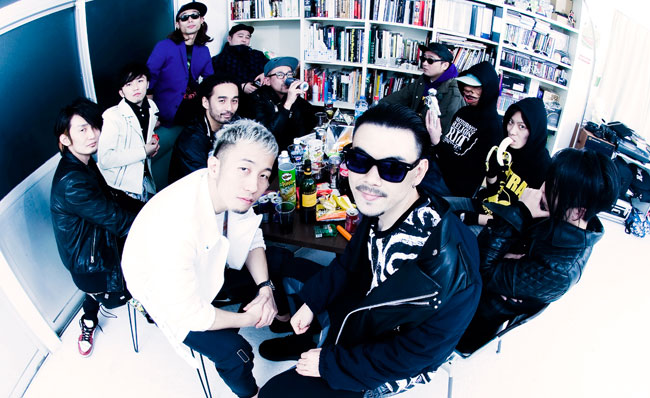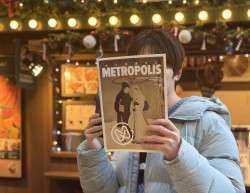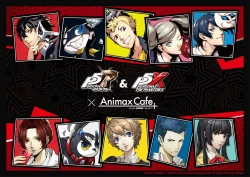
February 25, 2010
Roc Trax
The electro crew is more than a DJ collective—it’s a movement
By Metropolis
Originally published on metropolis.co.jp on February 2010
Third Culture, the events company run by veteran music personality Bryan Burton-Lewis, has plenty of dance music credits on its resume—not least many years of overseeing Fuji Rock Festival’s famed Friday “All-Night Fuji” sessions.
For his latest project, the American expat has hooked up with one of Japan’s most dynamic DJ crews, Roc Trax, to launch an electronic music label of the same name. “At Third Culture we have a pretty wide variety of artists, and having worked with all these different labels—and the CD sales situation being what it is—we decided that it would be more effective in terms of promotion to do independent releases,” he says.
Third Culture’s interests, it turns out, were aligned with those of electro DJ unit Dexpistols, who were unhappy with their deal with major label BMG. “They’d sold quite a few albums with BMG, but at the end of the day BMG are only interested in the sales that come along with Dexpistols,” Burton-Lewis explains. “But Roc Trax are a whole crew—there are nine acts on their roster. What separates Roc Trax from other DJ crews is that they can all produce original material, so we wanted to have an indie label that showcases the talent of each member.”
With Dexpistols at the helm, Roc Trax launched with a major blowout at Womb in January featuring sets from the group’s DJs Daruma and Maar, producer M.S.K. and special guest DJ Diplo. The night showcased the musical directions of Roc Trax—a rowdy brew of electro, hip-hop, house, rock and techno—delivered with plenty of attitude and a healthy disrespect for conventional genres.
Burton-Lewis notes that some of Roc Trax’s members are still in their teens, representing a new generation of clubbers who take a fresh approach to dance music. “The younger kids have a really good sense of both commercial dance music and underground dance music,” he says. “They come from a generation where mash-ups are common, so they have a more open-minded approach to commercial music. The older generation tends to take it deeper and more core-sounding, whereas the younger generation is happy to do something that sounds very commercial and accessible.”
Growing up with the disposable digital music ethic of the internet has also led—for better or worse—to new ways of thinking about music. “They want to put their songs up on their blogs for free—they don’t see their tracks as a direct source of revenue,” Burton-Lewis says. “They come from a culture where they expect to be able to download songs for free. With dance music, they see that the income comes from live performance, so they’re looking to get their songs exposed so they can increase their bookings.”
Roc Trax, who host a night next week at new Kichijoji club Seata, aren’t only about the music though. Some of them also work in fashion—Daruma is chief designer for the Roc Star brand—and their jazzy street designs have turned heads not only in Japan but also in mainland Asia.
“They’re all super stylish and get a lot of coverage in the fashion magazines,” Burton-Lewis says. “What’s been amazing is the way they’ve gone down in Asia. They’re finding like-minded people, forming Asian partnerships, and exchanging tracks, some of which we’ve featured on the mix CD. It’s a very Tokyo thing that’s generating Asian attention because of the quality of what they’re doing.”
Club Seata
Roc Trax Nite. Dance: DJs M.S.K., Yan, Gaines, etc. From 11:30pm, ¥2,500 w/1d. Kichijoji. Tel: 0422-29-0061. www.seata.jp
Roc Trax presents Lesson.06 “Roc Trax Jam” and M.S.K.’s Maskmaskmask are available on Roc Trax.








